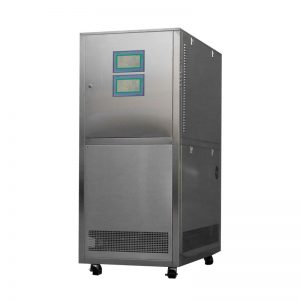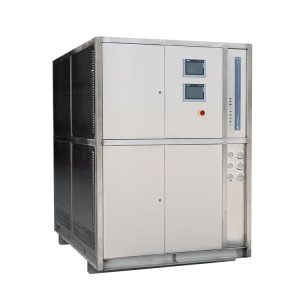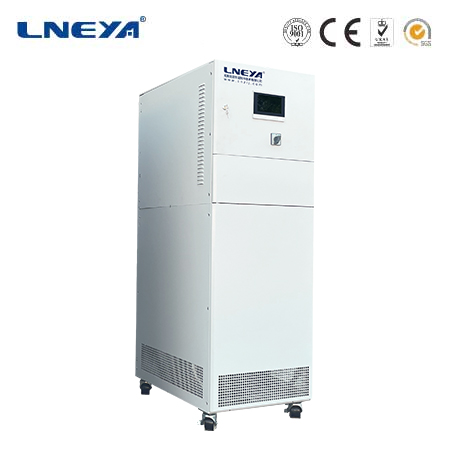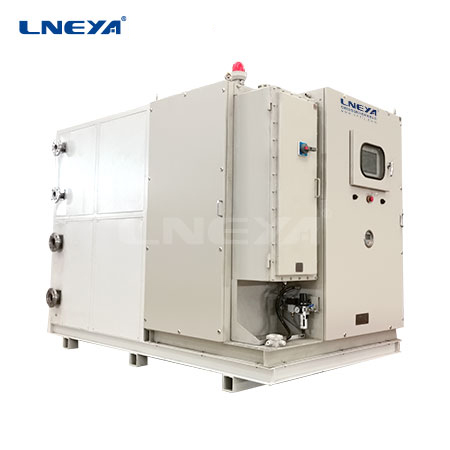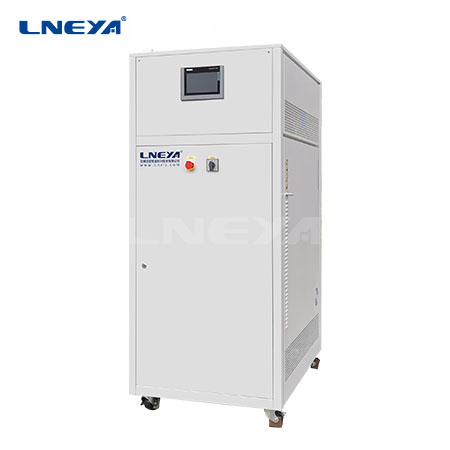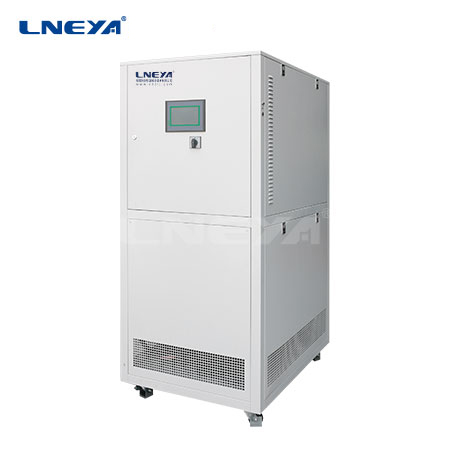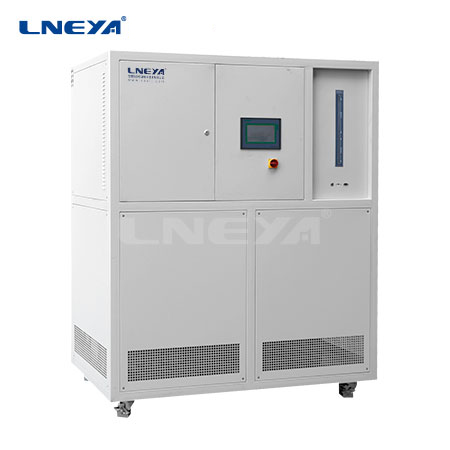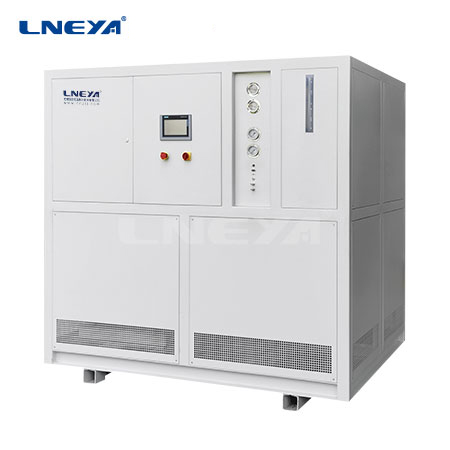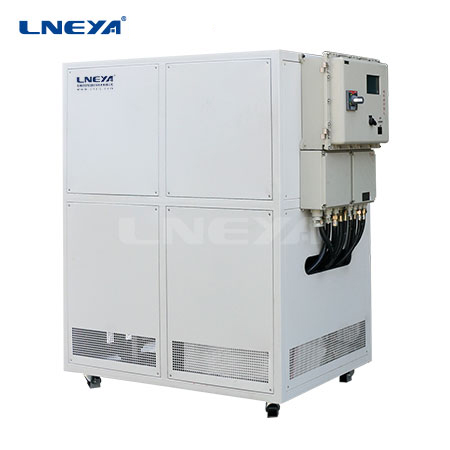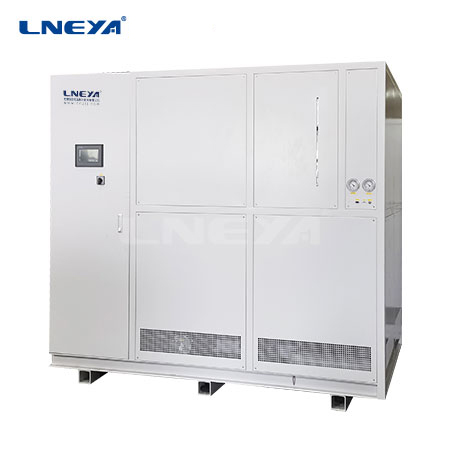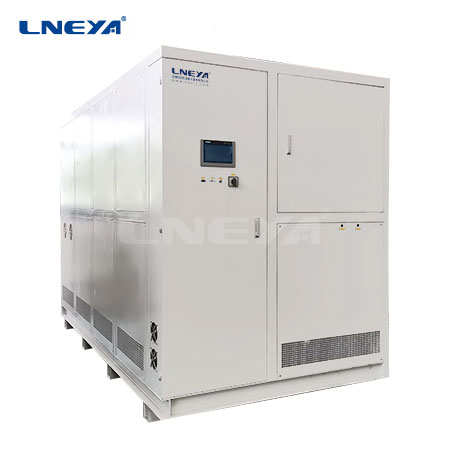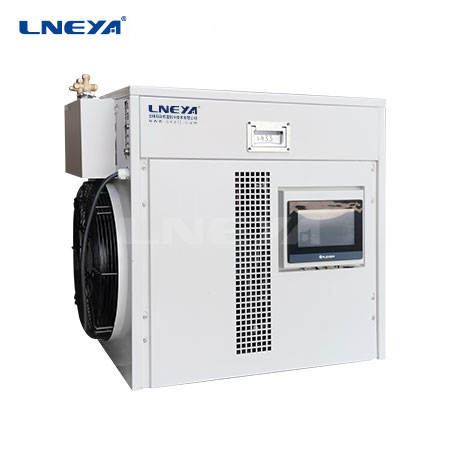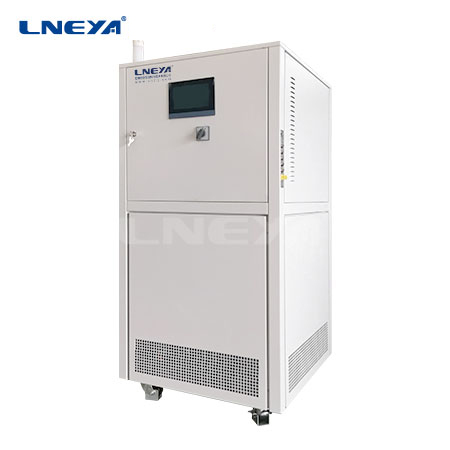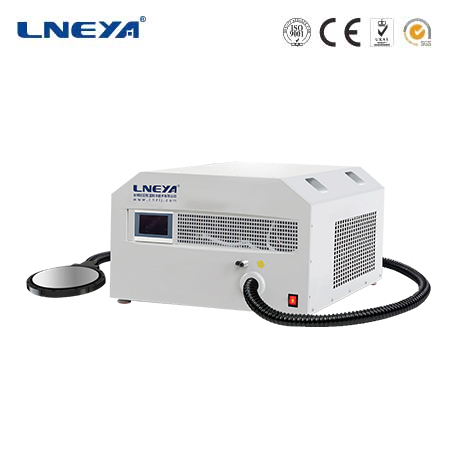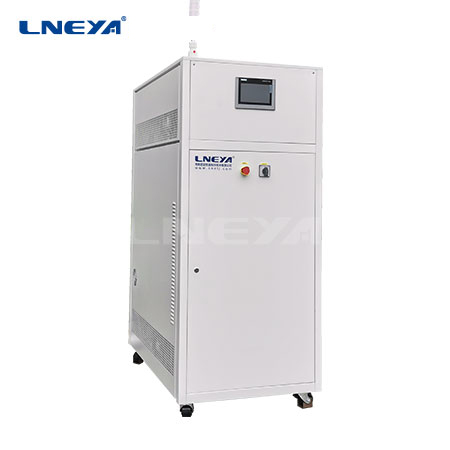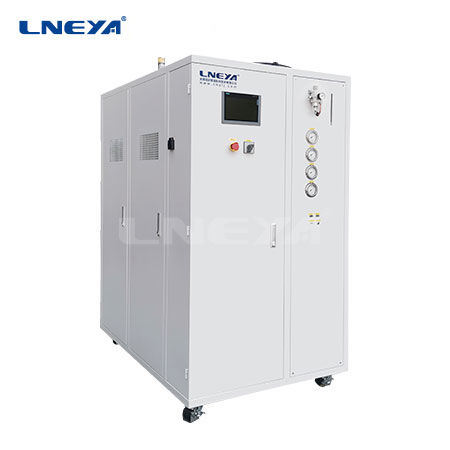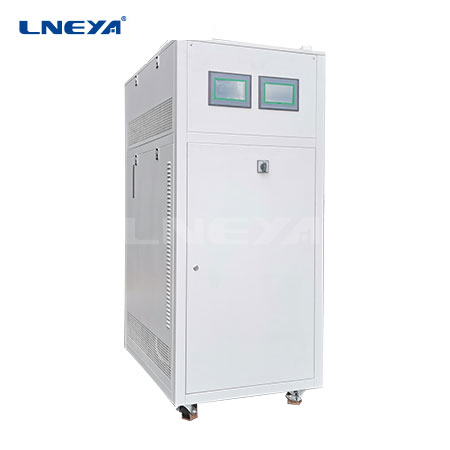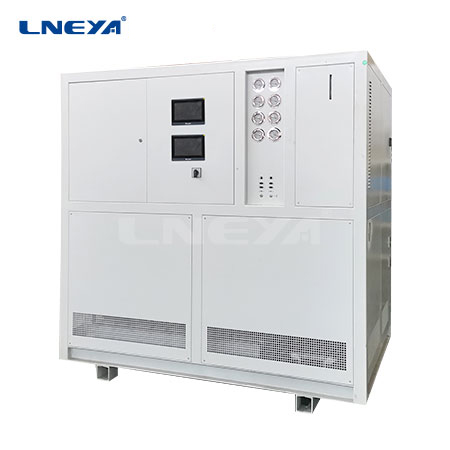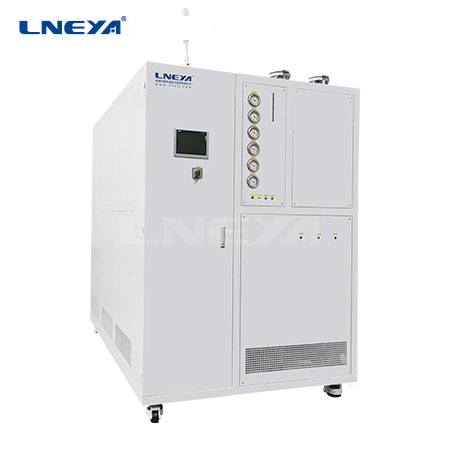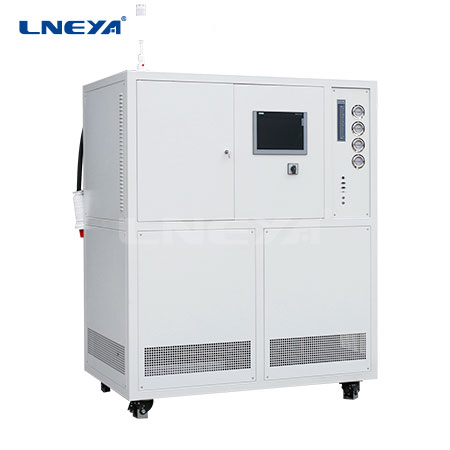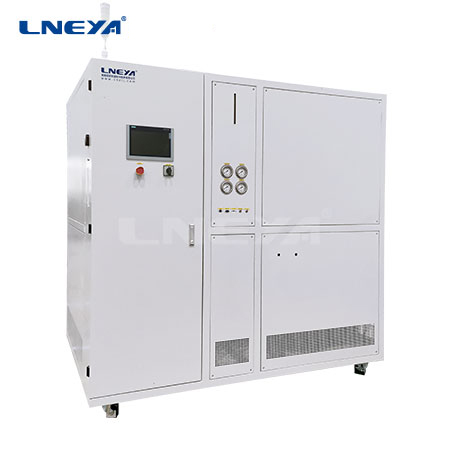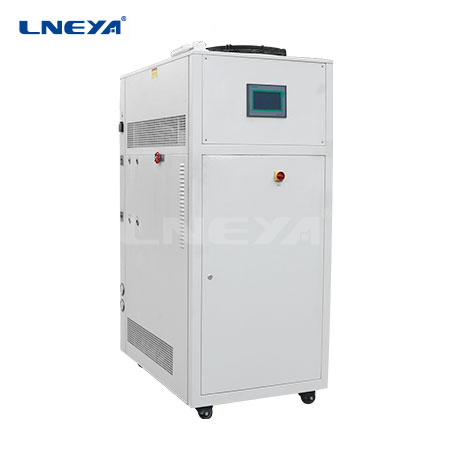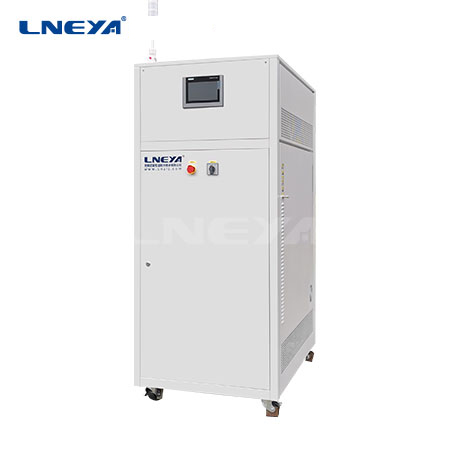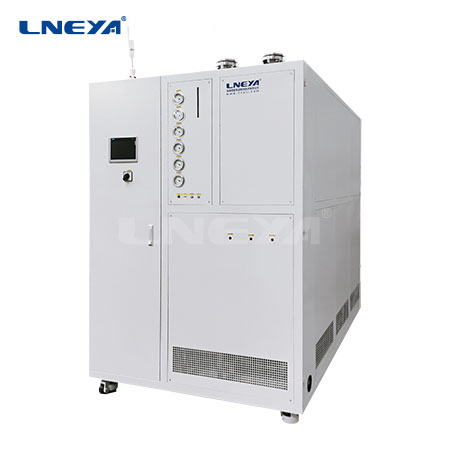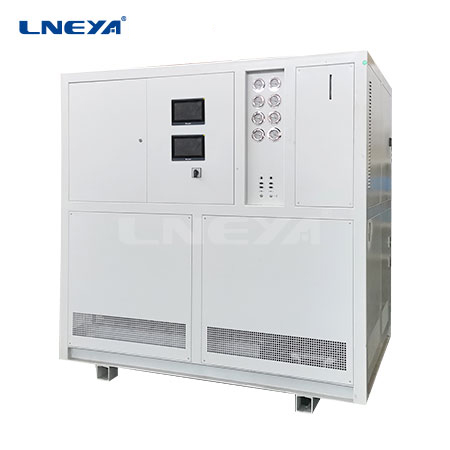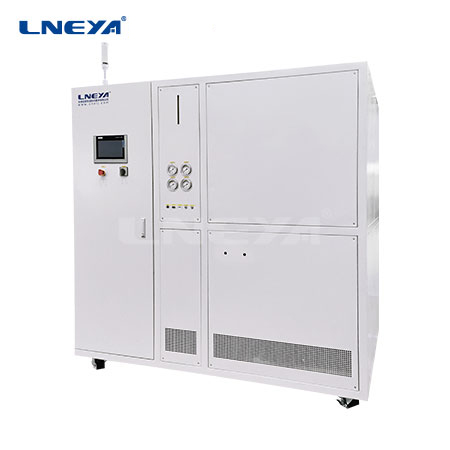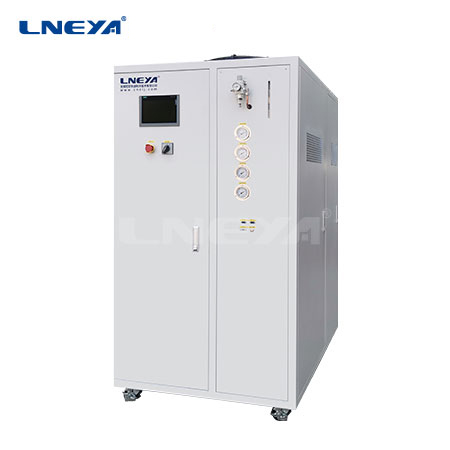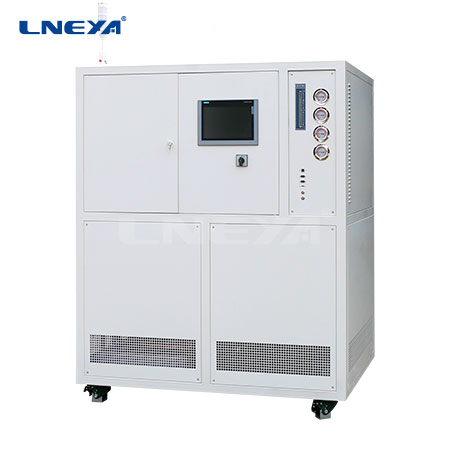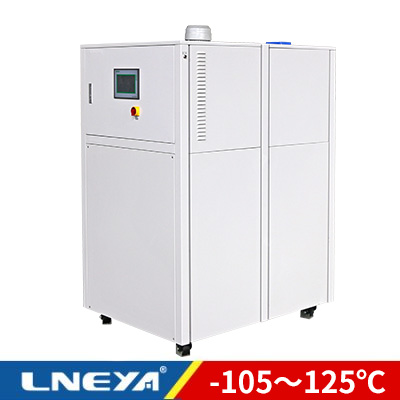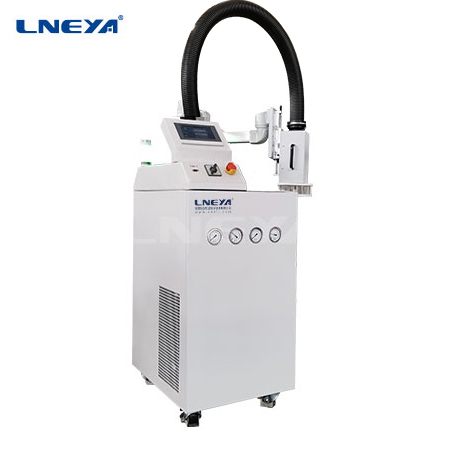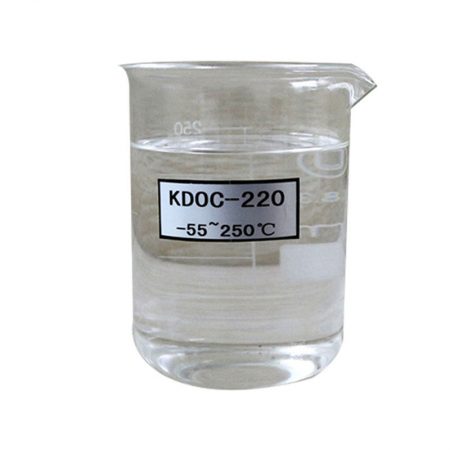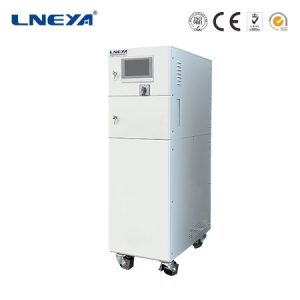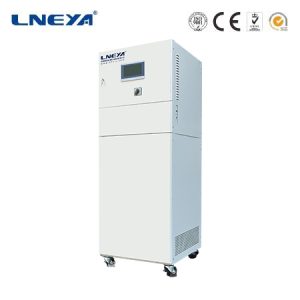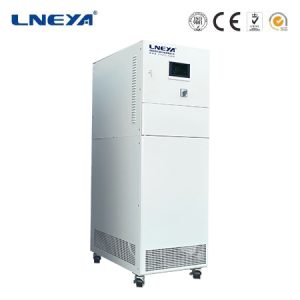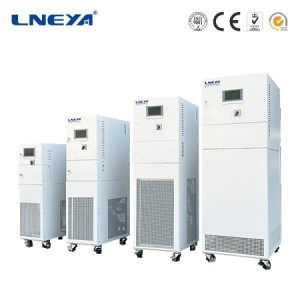Liquid Cooling System for Server
Liquid-cooled servers are an innovative technology introduced to solve the problem of high-density heat dissipation. It injects liquid into the server and uses the principle of hot and cold exchange to take away the heat generated by the server. Liquid-cooled servers are mainly divided into two types: direct cooling and indirect cooling. At present, direct cooling mainly uses immersion liquid cooling technology, while indirect cooling mainly uses cold plate liquid cooling technology.
Immersion liquid cooling technology is an efficient cooling technology that uses liquid as the heat transfer medium, completely immerses the heating device in the liquid, and performs heat exchange through direct contact. Simply put, liquid cooling technology uses liquid instead of air to quickly take away the heat generated by IT heating devices such as CPUs and memories. At present, liquid cooling technology takes on various forms, the common ones include cold plate liquid cooling, immersion liquid cooling and spray liquid cooling.

Features of liquid-cooled servers:
1. Efficient heat dissipation capacity: The most significant feature of liquid-cooled servers is their efficient heat dissipation capacity. Liquids (such as water or special coolants) absorb and transfer heat more efficiently than traditional air cooling methods. The heat capacity of liquid is much higher than that of air and can absorb heat quickly, thus keeping the server running at a lower temperature. Liquid-cooled servers can conduct heat from inside the server to the cooling system more quickly, improving heat dissipation efficiency. This is especially important for businesses that handle large amounts of data and high loads, maintaining server stability and performance.
2. Reduced energy consumption: The energy consumption of liquid-cooled servers is much lower than that of traditional air cooling systems. This is because liquid conducts heat more efficiently than air and requires less energy for the cooling system. Liquid-cooled servers can better control temperature and reduce energy consumption. According to research, liquid-cooled servers can save up to 30% of energy consumption and reduce corporate operating costs.
3. Space saving: Liquid cooling systems are usually more compact than air cooling systems. Due to the efficient heat transfer capabilities of liquids, cooling equipment can be miniaturized, saving data center space. This is especially important for data centers located in urban centers or where space is limited. The liquid cooling system closely fits the design of the server and does not require additional space to install cooling equipment, thus saving computer room space and improving computer room utilization.
4. Noise reduction: The noise generated by the liquid cooling system during operation is much lower than that of the air cooling system. This is especially important for data centers near commercial or residential areas where a quiet environment needs to be maintained.
Advantages of liquid-cooled servers:
1. Improve server performance: Because liquid cooling can control temperature more effectively, servers can run under higher loads without slowing down or being damaged by overheating. This means higher data processing capabilities and better service performance.
2. Environmentally friendly: The low energy consumption of liquid-cooled servers makes them an environmentally friendly choice. With the current global focus on reducing carbon emissions and sustainable development, liquid cooling technology provides an effective solution.
3. Adapt to future needs: With the development of technology, the demand for servers and data centers is also growing. The efficient heat dissipation capabilities of liquid-cooled servers enable them to adapt to future demands for more powerful computing power and higher thermal density.
4. Economic benefits: Although the initial investment of a liquid cooling system may be higher, the energy-saving effect and reduced maintenance costs in long-term operation make it have significant economic benefits.
To sum up, liquid-cooled servers are gradually becoming the new standard for data center cooling technology due to their efficient heat dissipation capabilities, low energy consumption, space saving and noise reduction. With the continuous advancement of technology and reduction of costs, liquid cooling technology will play a more important role in the future, leading data centers to a more efficient and environmentally friendly future.
 LNEYA
LNEYA
 简体中文
简体中文










